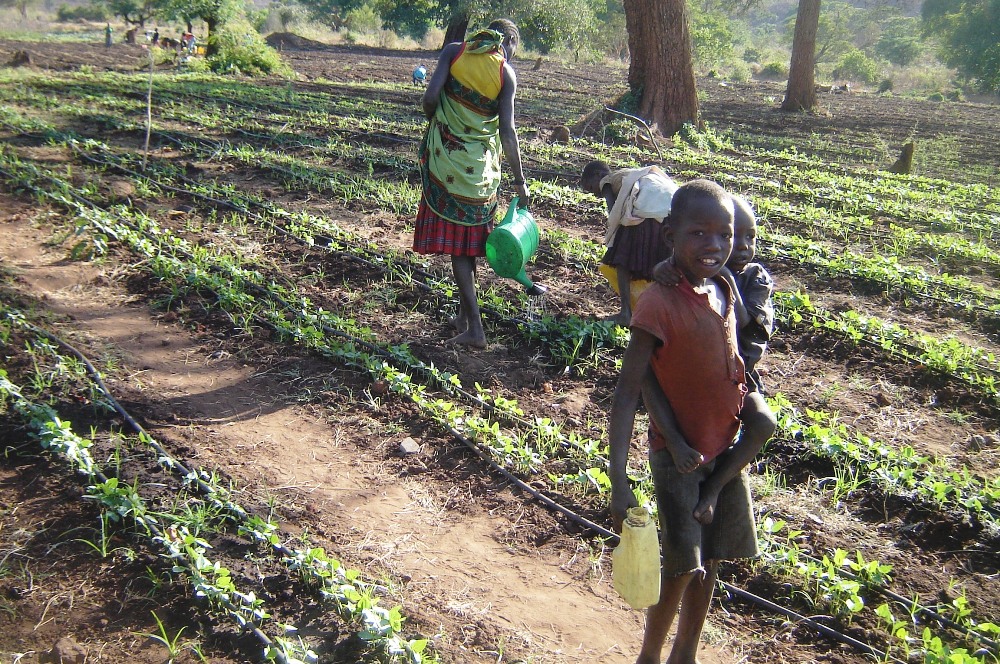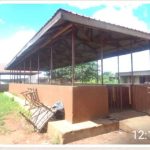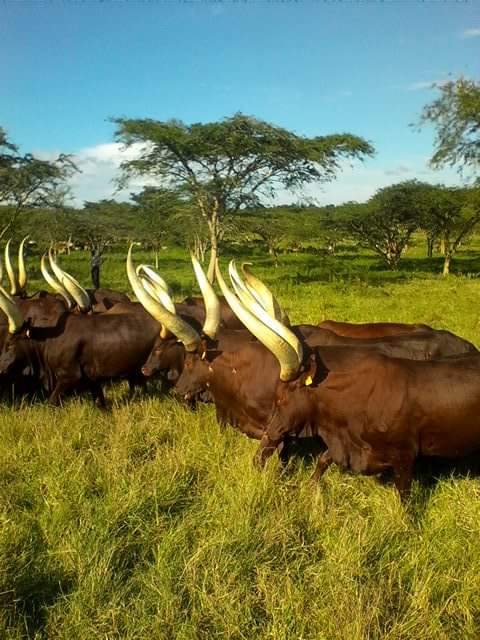In the year 2006, exchanging smiles and laughter with Mr. Samuel Lote, a cattle rustler, was something no one dared attempt. The commander of warriors was known for his hostility, covered with a history of killing, robbing, and stealing livestock.
During those days, nobody wished to talk to Lote, not even his own relatives. I recall one Thursday when we laid an ambush in Alerek along the border of Kotido, Abim district. The raids were frequent when cattle traders traveled from Pallisa, Mbale, Bugisu, and Teso districts in their two Fuso lorries to buy animals at the Kacheri Cattle Market in Kotido district. On that occasion, they succeeded, buying about 60 cattle and loading them onto their trucks. However, on their way back, we ambushed and killed all of them, taking their animals.
The ambush involved 13 armed Karimojong warriors, commanded by Samuel Lote. They killed all 16 traders and took their animals, along with the money they had.
Lote had abandoned his home in Nakichumet village in Napak district at the age of 14 and spent most of his time in the wilderness raiding cattle from neighboring districts and ambushing vehicles, resulting in deaths and looting.
His first raid started in Turkana, where he successfully raided 200 heads of cattle. After selling them, he crossed into Southern Sudan to buy more weapons. After acquiring new weapons from the Turkana in Kenya, he gave them to other warriors for subsequent raids in Turkana.
“I remember it was a Monday when I went with a group of 40 armed Karimojong warriors to lay an ambush for the second time in a grazing area in Turkana. It was tough this time around; we raided 340 heads of cattle. As we were coming back with the cows, we fell into a serious ambush by UPDF soldiers. We fought for about four hours, killing all nine UPDF soldiers. I also lost 14 of my colleagues,” he narrated.
After commanding the fight that killed the UPDF soldiers, Lote became the 15th most wanted warrior on the army’s list. The army launched a serious hunt for him, leading him to flee Turkana for about two years. During this time, his relatives started consulting the army to pardon him.
“When the army pardoned me, that was the turning point, and I stopped living in the bushes and killing people along the roads,” he said.
However, integrating back into the village proved challenging, as people, including his relatives, feared him due to his past activities. Eventually, he joined a group of youth making bricks for sale, but it was difficult for him as he was not accustomed to such activity. He then turned to charcoal burning but faced difficulties until he considered selling tomatoes.
For almost three years now, he has been into vegetable growing, and the income he generates compares favorably to his time in the bush.
“What I am getting now from vegetable growing is much better than what I used to get through killing people, and I have regretted the time I wasted in the bush. If I had been farming, I would also be rich like other farmers,” Lote reflected.
Major James Amuya, the UPDF 3rd division spokesperson, knew Lote as a notorious warrior who terrorized all the Karamoja neighboring regions.
The 27-year-old former bandit and his wife, Grace Nachap, are now the talk of the town as progressive farmers after embracing agriculture.
Lote states that he has no interest in a gun anymore, despite it being his source of living, as it made him suffer. He leaves his home every day at 7 a.m. for the farm, working until 6 p.m. He is in charge of the main tap that waters their vegetables, which include cabbages, tomatoes, onions, eggplants, carrots, and red pepper.
Lote is not alone; he is with another reformed cattle rustler, Peter Korobe, a father of 12 children and a member of Lote’s group. Though they have not yet fully benefited from the program, the income from selling their vegetables gives them hope of earning more.
He reveals that since October last year, he has saved 400,000 shillings, which he hopes to keep for building his house in the future.
Korobe now calls upon other former cattle rustlers and those hiding guns to surrender them to the government and embrace vegetable growing, emphasizing that there is more money in agriculture than in laying ambushes and killing people.
Sarah Nangiro, a mother of five and a resident of Lokiteded in Napak, said growing vegetables has helped her provide for scholastic materials for her children.
“Am now able to pay fees for my children who are in boarding in primary classes, which used to be very difficult,” she said.
Mr. John Paul Kodet, the district LCV chairperson of Napak, said growing vegetables has made many women and their husbands busy, unlike those days when men used to sleep under trees. The rate of malnutrition in Napak district has drastically reduced as people have adopted growing vegetables, according to Mr. Kodet.
Even families that live far from the dam grow vegetables using kitchen gardens at their homes. The irrigation technology was constructed by the Ministry of Water and Environment under Water for Production in 2010. Mr. Patrick Okotel, the senior engineer in the Ministry of Water under Water for Production, stated that the irrigation project cost the government about 98 million shillings.
“We designed this to show the country that although Karamoja is dry, it can do better with an irrigation scheme,” he said.
Mr. Okotel dismisses reports that the Karimojong are lazy people, saying instead that water scarcity has hindered their efforts. He believes Karamoja can do well in food production if it promotes irrigation.
Looking at Karamoja generally, the region is located in the northeastern part of Uganda and is one of the poorest and driest regions in the country, with high rates of infant mortality, malnutrition, illiteracy, and poverty.
The region has fertile soils, but despite that, it has endured food shortages for decades, forcing residents to largely depend on humanitarian food aid. Apart from a shortage of food, the region has experienced cattle conflicts for decades until 2003 when the government launched a disarmament exercise and collected 39,000 illegal guns.
Now the region is gradually realizing peace due to the continuous peaceful disarmament exercise by the army and police.




















